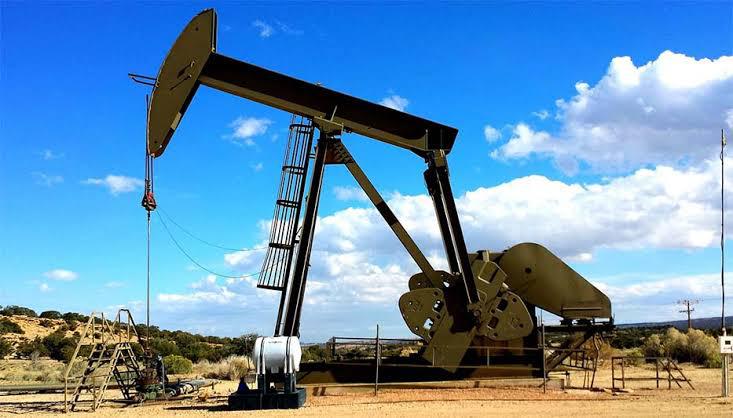Algeria’s National Agency for the Valorization of Hydrocarbon Resources (ALNAFT) has introduced six new onshore licensing opportunities for conventional hydrocarbon exploration.
The six high-potential opportunities consist of a mix of exploration, development, and export opportunities and are open to competitive bidding. The round is part of a five-year licensing plan designed to attract global upstream investors and leverage more than 20 opportunities in Algeria.
Following the launch of the licensing round on October 14, access to the tender documents and data packages will open on November 26. The deadline for bid submissions is April 15, 2025, followed by the evaluation and awarding of bids.
The six opportunities span a cumulative perimeter size of 152,000 km2, supported by over 102,000 line km of 2D seismic data and more than 45,000 km2 of 3D seismic data. Potential bidders will have access to Perimeter Conditioned Data Packages and Evergreened Data Packages during the data access period, which runs from November 26, 2024, to April 1, 2025. To submit a bid, participants must prequalify with ALNAFT and acquire the necessary tender documents.
The presentation was followed by a fireside chat featuring ALNAFT and the Hydrocarbon Regulatory Authority (ARH), which highlighted the advantages of investing in Algeria’s oil and gas sector. In addition to being one of the most established markets with strong geological potential, Algeria offers an attractive regulatory framework and various vehicles for partnerships with international oil companies (IOCs).
“We have been working with IOCs for more than 35 years and never had a problem with contract sanctity. In Algeria, a contract is a holy document,” said Mourad Beldjehem, President of ALNAFT. “We previously had one type of contract for partnership, and now we have three: production-sharing, concession, and risk services contracts.”
Algeria is seeking increased upstream investment and capital to drive new exploration activities while prioritizing broader goals such as energy access, infrastructure development, and local content.
“We need more exploration. Today, we have more than 240 discoveries waiting to be developed. We need to make more discoveries to increase our reserves. We are looking for companies who are strong in exploration,” said Beldjehem.
Rachid Nadil, President of ARH, highlighted that Africa’s energy priorities—ensuring universal access, modernizing infrastructure, and building local expertise—are vital for advancing socioeconomic development across the continent.

